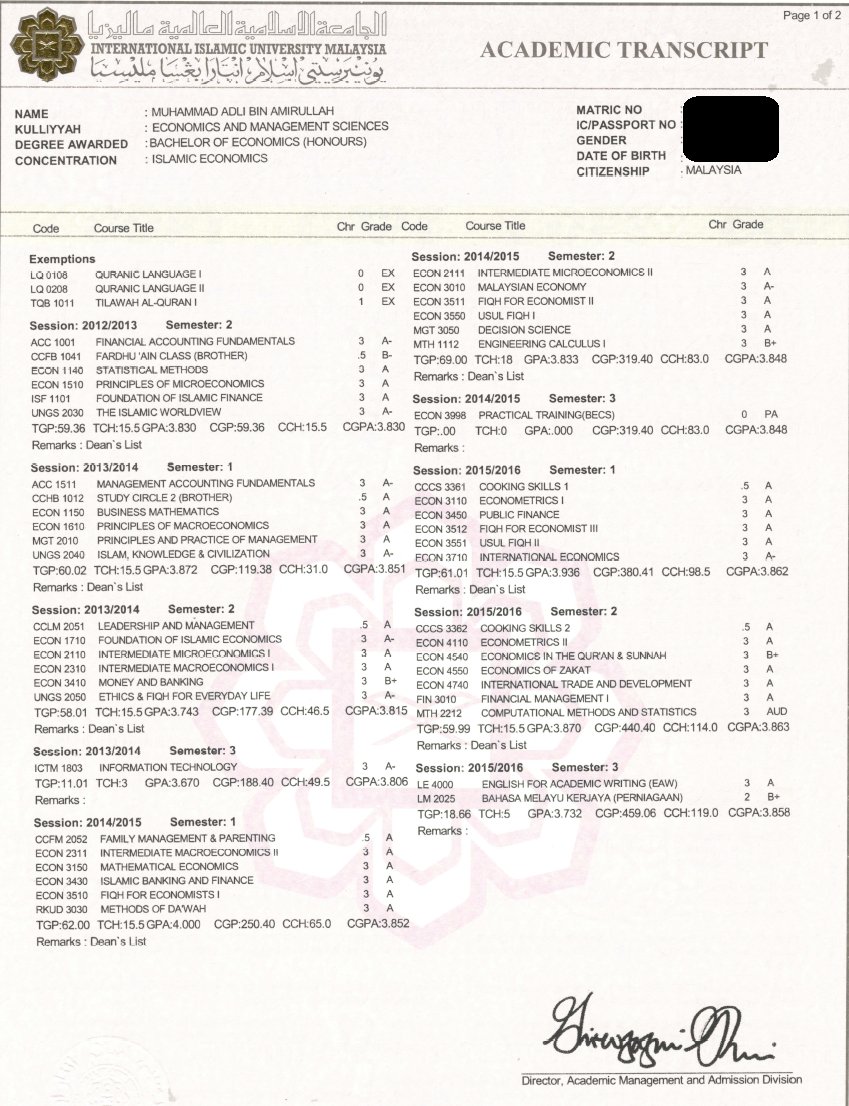After so long, this will be another Economics 101 thread of mine!
P/S: Different country have different synergy between their government and their Central bank
1. Fiscal Policy is a tool for the federal government (Kerajaan)
2. Monetary Policy is a tool for a central bank (BNM)
Weapon 1: Taxation
Weapon 2: Spending
Taxation is where government tax you for your annual income, for the company's profit, and for your SST that you paid every time you purchase something at the mall. Part of the method that the Kerajaan can use this weapon is by reducing or increasing tax rate.
Spending means whatever the government spend in the economy. For example from the latest COVID-19 Economic Stimulus Package on 27th March, the government announced that they will provide a total of RM10.1 billion worth of cash to any eligible recipient.
Weapon 1: Interest rate
Weapon 2: Open Market Operation
Have you heard about BNM making announcement this month where they cut Overnight Policy Rate (OPR)? This news is the latest announcement of OPR Cut by BNM thestar.com.my/business/busin…
OMO is a place where the central bank buying and selling government bond. What is a government bond? In the simplest term, government debt.
P/S: If you are watching the video, please take note that “The Fed” that they referring to is the name of the central bank in the US.









